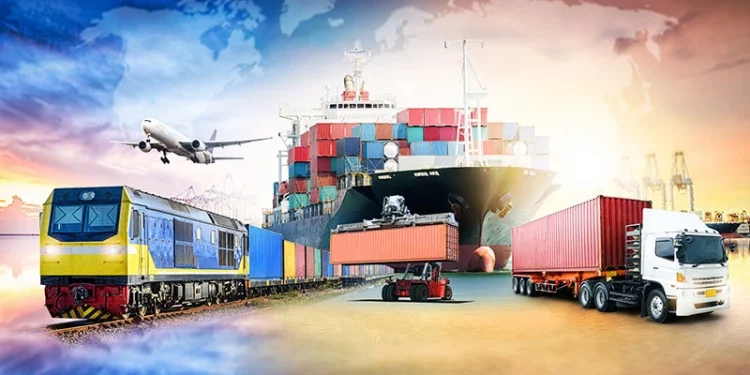How Logistics Software Change in 2022?
Every year the demand for logistics software programs grows. What is it connected with? To answer this question, you must first understand the concept of logistics software. Logistics software is a tool that helps firms manage the numerous factors that go into the manufacturing process. The overall aims of logistics software are to increase profit margins and minimize cycle time to provide the company with a competitive position in the industry.
Logistics is constantly evolving to meet the demands of every industry it serves. The result is the digitization of all its processes and resources.
- New logistics software solutions could introduce artificial intelligence, which will help optimize routes and calculate the required budget.
- Right now cloud-based logistics software enables real-time pricing adjustments, inventory, and tracking. Cloud-based logistics software facilitates real-time precision and administration of processes and systems.
- Contactless delivery will also be expanded, as it is very profitable and comfortable for both parties.
What Includes in Logistics Software Programs?
- Transportation
- Information
- Storage
- Packaging
- security are part of logistics software.
Shipping, mailing, and tracking letters, parcels, and equipment are all managed and scheduled using logistics software. Businesses can use mailing software to speed up mass mailings. Verifying and standardizing addresses, presorting cheaper postage, printing labels, forms, tags, and postal computing savings are just a few features. The ideal answer for your company’s success is logistics app development.
What Is Good Logistics Software For Small Businesses?
Logistics software for small businesses is meant to automatically show route and schedule information and layout drop-off spots on a map using delivery addresses. When products or services are required at a specific time, this type of logistics software can create viable routes to coordinate multiple deliveries.
Transportation management software may help users manage transportation operations, including shippers, airlines, buses etc. This sort of logistics software includes modules for tracking and controlling every element of vehicle maintenance, cargo handling, routing, electronic data interchange, carrier management, and accounting.
Package tracking software allows users to keep track of physical assets by attaching barcode tags to packages that record the assets’ receipt, issuance, usage, maintenance, and location. This form of logistics software guarantees on-time delivery of packages.
So there are many different types of logistics software for a particular business; you need to choose the right one for you and contact a company specializing in custom software development for logistics.


